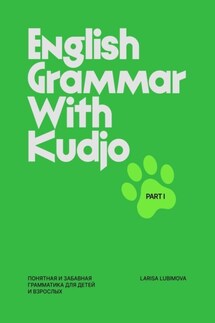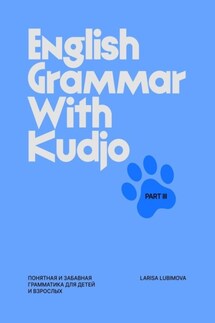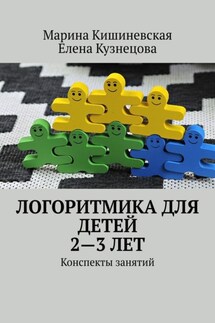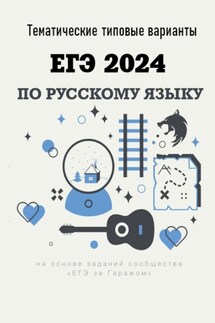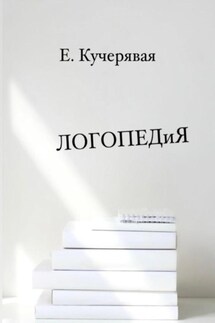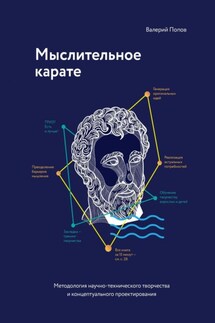English grammar with Kudjo. Понятная и забавная грамматика для детей и взрослых. Part 1 - страница 9
7 Where were the dogs going when a cat met them? – They /go/ to the cafe.
8 Where did the dogs go when a cat met them? – They /run/ after the cat
9 What were you doing when Kudjo woke up? – I /have/ my morning coffee.
10 What did you do when Kudjo woke up? – I /go/ for a walk with him.
EXERCISE 3
Придумайте что произошло, когда Куджо остался один дома, и закончите предложения:
1 Kudjo was looking for something tasty when…
2 Kudjo was trying to reach the shelf with treats when…
3 Kudjo was playing computer games when…
4 Kudjo was listening to an audiobook when…
5 Kudjo was rollerblading around the flat when…
6 Kudjo was trying to catch a fly when…
7 Kudjo was lighting candles when…
8 Kudjo was playing with his ball when…
9 Kudjo was barking and whimpering when…
10 Kudjo was waiting for me to come when…
EXERCISE 4
Поставьте нужный глагол в правильной форме Past Continuous или Past Simple: learn (2), play, slip, get, leave, bump (2), begin, chase, find, run
1 Kudjo ***** on the ice while he was crossing the street.
2 It ***** to rain when we were wandering around.
3 Kudjo ***** hide-and-seek with himself when I found him under the table.
4 What happened while Kudjo ***** a rat last night?
5 The rat ***** into a cat and the cat ***** into Kudjo.
6 While we were walking in the park, Kudjo ***** a huge bone.
7 While I ***** Doggish, Kudjo ***** English.
8 As soon as it ***** dark, we decided to return home.
9 A cat ***** away when it saw Kudjo coming up.
10 Just as we ***** home, Kudjo remembered to take the key.
Не забудьте о глаголах состояния, которые не используются в форме Continuous. Это правило касается и Past Continuous и эти глаголы мы ставим в форму Past Simple, даже если очень хочется показать процесс:
appear (= казаться), believe, belong, cost, look (= выглядеть), forget, hate, have (=обладать), know, like, love, mean, need, prefer, realize, remember, see (=видеть, понимать), seem, smell (= пахнуть), sound, suppose, taste (= быть на вкус), think (= по мнению), understand, want, etc.
EXERCISE 5
Переведите эти глаголы и напишите рядом форму, в которой они могут использоваться- Simple (S) или Continuous (C):
For example,
видеть – see -S
1 знать —
2 сидеть —
3 нюхать —
4 понимать —
5 стоять —
6 хотеть —
7 смотреть-
8 помнить —
9 пить —
10 ненавидеть —
EXERCISE 6
Поставьте глагол в правильное время Present Simple, Present Continuous, Past Simple, Past Continuous:
1 Kudjo/stand/ on the top of the mountain when he /see/ an eagle.
2 Kudjo hardly ever /stay/ alone. He /need/ to know I am next to him even when he/sleep/.
3 Last morning he/wake/ up very early, /run/ around the flat, /rattle/ his empty bowl and /sit/ down in front of my bed.
4 This time yesterday Kudjo /sleep/ and /have/ sweet dreams.
5 Kudjo /learn/ the Cattish language now.
6 Kudjo occasionally /eat/ raw meat and he /enjoy/ it.
7 Kudjo/dig/ a deep pit when somebody /bite/ on the nose.
8 Kudjo/see/ a new French bulldog and /come/ up to say hello.
9 Kudjo /watch/ a cartoon about cats when the light /go/ off. It /make/ him furious.
10 Stop barking! You always/bark/ at our neighbor’s dog!
В английском языке есть оборот used to, который обозначает постоянное и регулярное действие или состояние в прошлом. Глагол в такой форме выполняет функцию глагола в Past Simple, но отличается тем, что подчеркивает то, что это действие относилось к прошлому и сейчас все по-другому:
